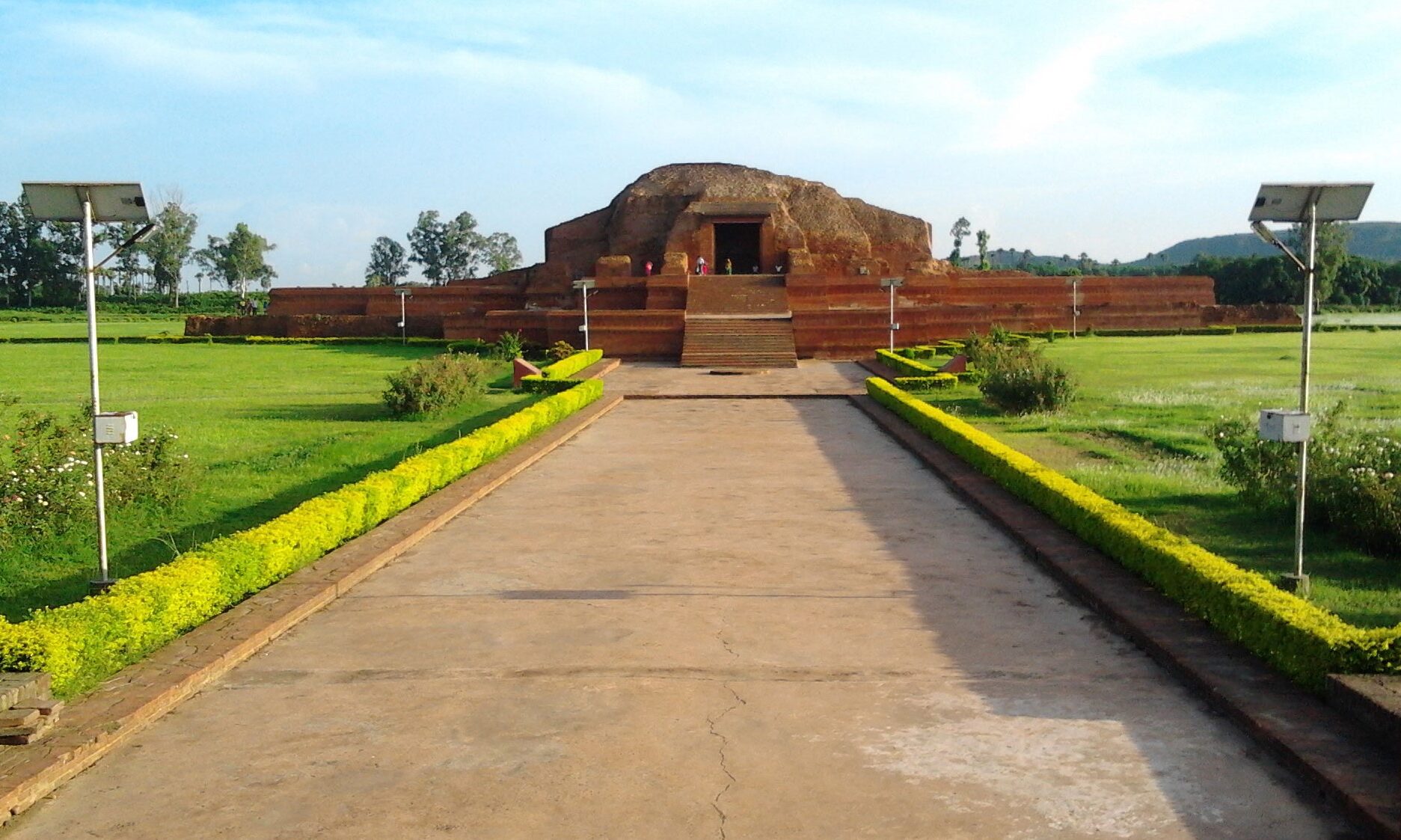The one Place, which puts Munger on the one of the most visited place, is known as “Sita-Kund”. This place has always been the one, which creates a lot of inquisitiveness among the visitors, as well as it gives a lot of pleasure too. The place is situated in Kalyan Chak, 4 miles east of the Munger town. It contains hot springs known as Sita Kund, besides this there is a Hindu temple and to the north is a reservoir of cold water, known as Ramkund, while to the west there were three more polls called after the three brothers of Ram, namely Lakshman Kund, Bharat Kund, and Satrughan Kund.
Sita Kund, MungerIt has a very interesting ancient story about this place, which belongs in the period of Ramayana. According to which Sita after being rescued form Lanka, Ram to satisfy all public opinion asked Sita to prove her chasti and she gladly agreed to the Agni Pariksha (the fire ordeal). She came out of the fire test uncatched and imparted to the pool in whic…



















